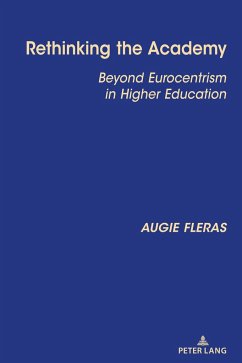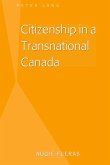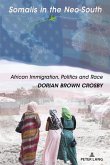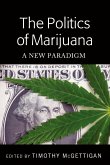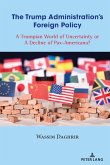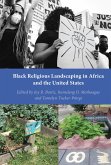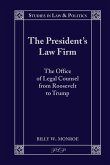Universities and colleges like to self-idealize as relatively neutral and value-free sites of higher learning. In reality, the idea of the Westernized academy is deeply embedded in a Eurocentric logic that not only excludes alternative forms of knowledge and knowing, but also remains racialized, gendered, and sited in coloniality with respect to governance, scholarship, and entitlements. Efforts to address this gap between the ideal and reality have tended toward diversifying the academy through multicultural initiatives in diversity, inclusion, and equity. However helpful as a first step, these interventions are insufficient in generating the kind of substantive changes that would abort the academy's crisis of legitimacy. Moves to decolonize, ungender, and deracialize the academy will require a commitment to the transformative principles of inclusivity, including a focus on those root causes associated with structural barriers and systemic biases. It remains to be seen if the academia can rise to the challenge of deEurocentrizing the idea of the academy along postEurocentric lines, while engaging the emergent demands and evolving realities of a postmulticultural world.
Bitte wählen Sie Ihr Anliegen aus.
Rechnungen
Retourenschein anfordern
Bestellstatus
Storno

